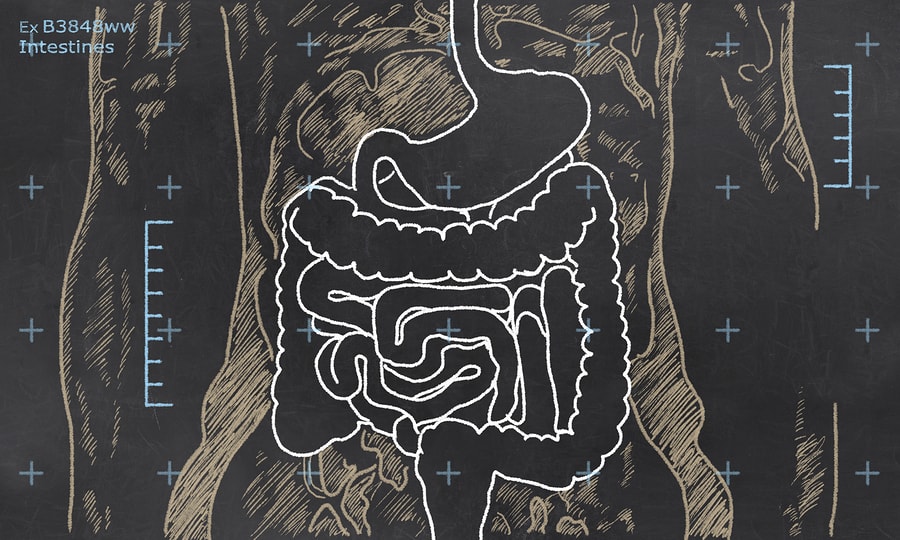Gut bacteria proven to influence food choice decision making

Are you being controlled by your gut? Researchers from the University of California, Arizona State University and the University of New Mexico have found that microbes present in the gastrointestinal tract can actively influence human moods and eating behaviour.
The study, which was published earlier this month in the journal Bioessays, found that microbes affect dietary choices in hosts by inducing specific food cravings. These cravings encourage the consumption of particular nutrients that the bacteria thrive on, such as sugar and fat. Another way microbes can affect our food choices is by inducing a state of dysphoria in hosts, until foods which enhance the fitness of the microbes are eaten. The needs and wants of these bacteria can be in direct opposition to the nutritional requirements of our overall health. For example in the case of the fungus Candida Albicans which feeds on sugar.
Whilst it is not known precisely how this process occurs, it is thought that microbes influence food choice decisions by releasing signalling molecules into the gut. As the gut microbiome is linked to the nervous and endocrine systems, these signals can affect behavioural responses. Of particular significance is the Vagus Nerve, which connects 100 million nerve cells from the digestive tract to the base of the brain.
There are between 300 and 1000 different species of bacteria which live in the gut and many species are still yet to be identified. The makeup of the gut microbiome varies greatly amongst individuals and populations. For example, in Japan a unique strain of bacteria has been identified in the gut microbiome, which has developed to digest seaweed and is not present in other populations.
As humans, the idea of being controlled or brainwashed by millions of microbes is both a shocking and alien like concept. However it is useful to note that this is a relationship that works both ways, and the speed at which the bacteria balance within the gut microbiome can be changed is reassuring.
How are these findings useful to therapists?
The ancient disciplines of Traditional Chinese Medicine and Ayurveda have long stated that all disease stems from the health of the gut. For therapists and medical professionals, this study further highlights the importance of optimising the balance of the gut microbiome when considering prevention and treatment of many conditions. Optimising the balance of power among bacterial species in the gut can foster healthier lifestyle choices in patients.
The researchers commented; “Because microbiota are easily manipulatable by prebiotics, probiotics, antibiotics, fecal transplants, and dietary changes, altering our microbiota offers a tractable approach to otherwise intractable problems of obesity and unhealthy eating.”

